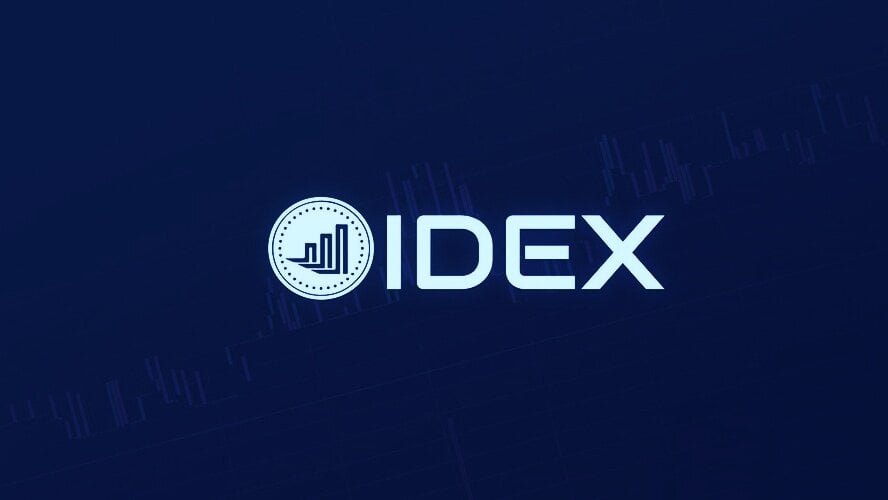 IDEX plans to upgrade its crypto exchange, merging the benefits of self-custody with the functionality of a centralized exchange.
IDEX plans to upgrade its crypto exchange, merging the benefits of self-custody with the functionality of a centralized exchange.
Self-custodial crypto exchange IDEX has closed a $2.5 million funding round led by blockchain-centric venture capitals G1 Ventures and Borderless Capital. The goal of the fundraiser is to ship the next version of its exchange, known as “IDEX 2.”
The focus of IDEX 2 will be to improve the exchange across many of its elements, making it faster and adding more features. The new version of the exchange has already been put on a testnet, with the mainnet penned for launch in several weeks.
Alex Wearn, co-founder and CEO of IDEX, said, “We are thrilled to have the support of industry expert investors to help fuel IDEX 2.0’s growth.”
IDEX is a centralized exchange that lets users keep control over their own funds at all times, hence it is self-custodial. Since many truly decentralized exchanges are slow and have low volumes, IDEX centralizes the part of the system that matches orders in order to make a better user experience.
By letting users keep control over their own funds, it means IDEX does not look after all their funds—which centralized exchanges typically do. And, as we’ve seen with many centralized exchanges and their pools of funds, they’re a honeypot for hackers.
With its centralized core, IDEX is able to compete with centralized exchanges in terms of faster trade execution, advanced order types, and a matching engine purportedly capable of reaching a throughput of hundreds of thousands of orders per second.
IDEX also has a system where those who hold its native token—and choose to stake it—earn a percentage of trading fees on the exchange.





GIPHY App Key not set. Please check settings